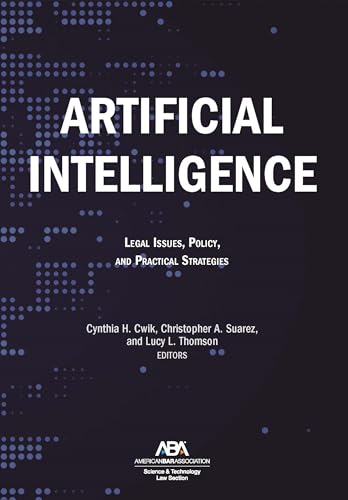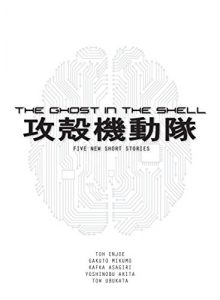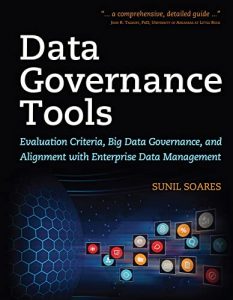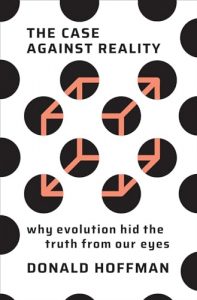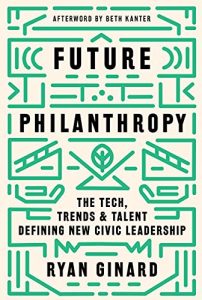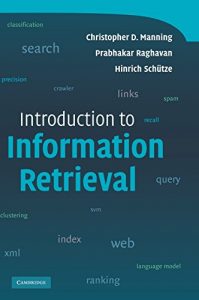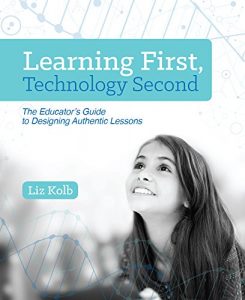Artificial Intelligence: Legal Issues, Policy, and Practical Strategies
This book by Cynthia H. Cwik, Christopher A. Suarez, and Lucy L. Thomson dives into the intricate legal quandaries surrounding artificial intelligence. It offers practical strategies for navigating the complex landscape of AI policies, making it essential for legal professionals and tech enthusiasts alike. With the rapid advancement of AI technologies, understanding the legal implications is crucial for compliance and innovation. This book serves as both a guide and a warning, urging society to tread carefully as we embrace AI in various sectors.
Innovation Policy and Governance in High-Tech Industries
Johannes Bauer, Achim Lang, and Volker Schneider present a deep dive into the challenges of coordination in high-tech industries through this insightful book. By addressing the nuances of innovation policy, the authors shed light on how governance can adapt and thrive in a rapidly changing technological landscape. It’s a crucial read for policymakers, business leaders, and academics who seek to understand the intricate relationship between technology, policy-making, and industry dynamics.
Introduction to Cyber Politics and Policy
Mary Manjikian’s “Introduction to Cyber Politics and Policy” is an essential resource for anyone wanting to grasp the evolving relationship between technology and political processes. This book covers a broad spectrum of topics, from cybersecurity issues to the impact of digital technologies on governance. In our increasingly interconnected world, understanding cyber politics is vital for both citizens and leaders, making this book a must-read in the context of current global dynamics.
Containing Big Tech: How to Protect Our Civil Rights, Economy, and Democracy
In “Containing Big Tech,” Tom Kemp passionately argues for the necessity of safeguarding our civil rights in the face of tech conglomerates’ domination. This book provides a roadmap for how society can reclaim its values and protect democracy against the influence of large tech firms. The author’s compelling narrative provides both examples of current issues and strategic actions that can be taken, making it an important read for advocates of civil liberties and regulatory reform.
Regulating Big Tech: Policy Responses to Digital Dominance
This collaboration between Martin Moore and Damian Tambini offers an in-depth look into the governance and regulation of big technology companies. The authors explore various policy responses to digital dominance, analyzing different regulatory frameworks worldwide. This book is an indispensable resource for those interested in understanding how public policy can control powerful tech entities while balancing innovation and protection for citizens. It provides a basis for thought-provoking discussion on the future of tech regulation.
From Pessimism to Promise: Lessons from the Global South on Designing Inclusive Tech
Payal Arora and Charles Hayes focus on the vital lessons learned from the Global South in “From Pessimism to Promise.” This book challenges common pessimistic narratives about technology and outlines strategies for building inclusive and equitable tech solutions. The authors provide case studies that inspire hope and action, which is essential reading for anyone involved in tech design, development, or policymaking in an increasingly globalized world.
The Tech Coup: How to Save Democracy from Silicon Valley
Marietje Schaake’s “The Tech Coup” delivers a powerful call to action, emphasizing the urgent need to protect our democracy from the influence of Silicon Valley. Drawing connections between technology and societal values, the book recommends strategies for individuals and institutions to reclaim agency in the digital age. It is a thought-provoking read for activists and anyone concerned about the intersection of tech and democratic governance.
Study on Public Policy for High-tech Industry (Chinese Edition)
Han Xia’s comprehensive exploration of public policy related to the high-tech industry provides a unique perspective catered to a Chinese audience. It delves into policy-making processes and their implications for the technology sector. This book is crucial for understanding not only the regional context but also global technology trends and their governance, making it an essential resource for scholars and professionals interested in international policy dynamics.
The Tech Exit: A Practical Guide to Freeing Kids and Teens from Smartphones
Clare Morell tackles the pressing issue of screen time in “The Tech Exit,” providing practical advice for parents looking to guide their children away from excessive use of smartphones. This enlightening guide equips caregivers with strategies to help foster healthier tech habits, addressing the growing concern of technology addiction among youth. It’s a must-read for parents striving for balanced digital engagement within their homes.
The Technological Republic: Hard Power, Soft Belief, and the Future of the West
In this thought-provoking exploration, Alexander C. Karp and Nicholas W. Zamiska analyze the intersections of technology and national power in “The Technological Republic.” They propose that soft beliefs can be as powerful as hard power in shaping future governance. This book is a critical read for understanding how technological advancements can influence political ideologies and the balance of power in a rapidly evolving world.

